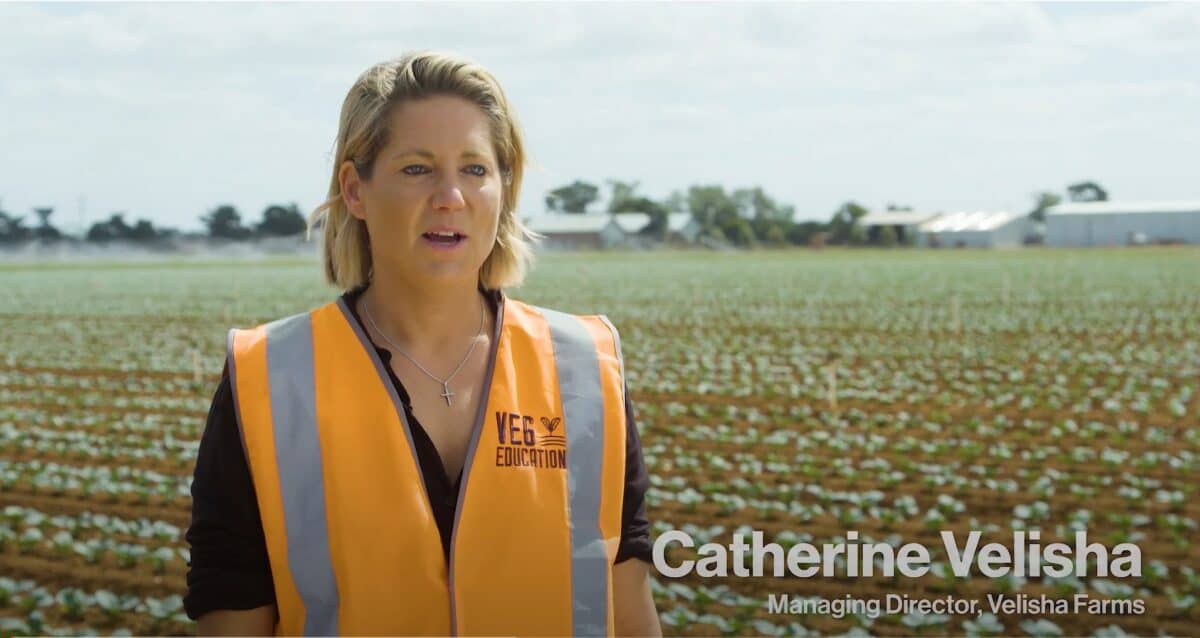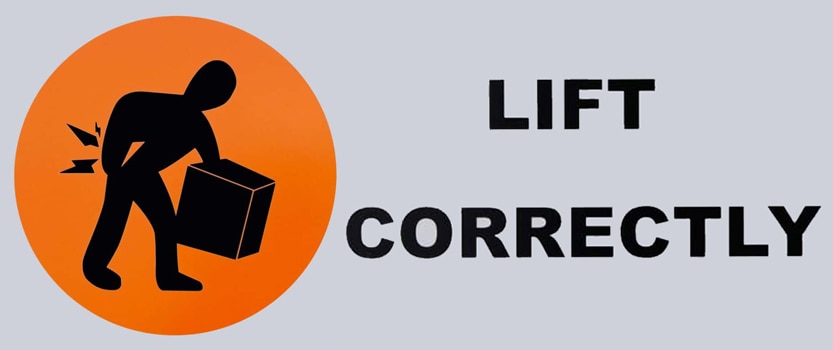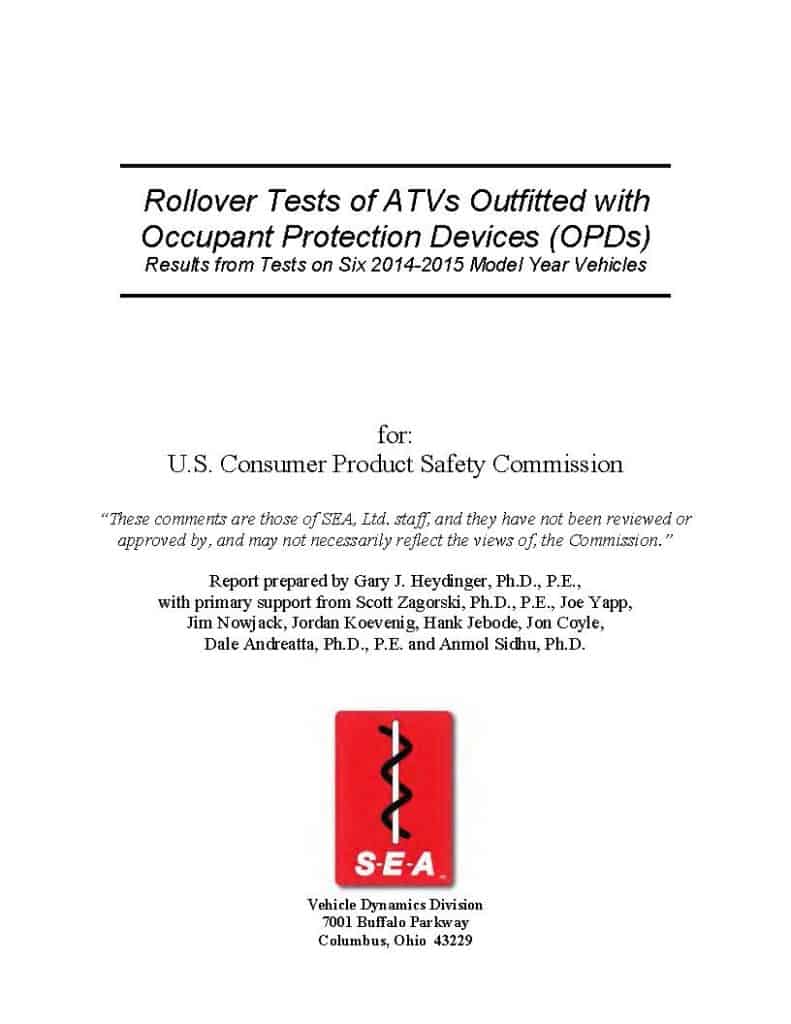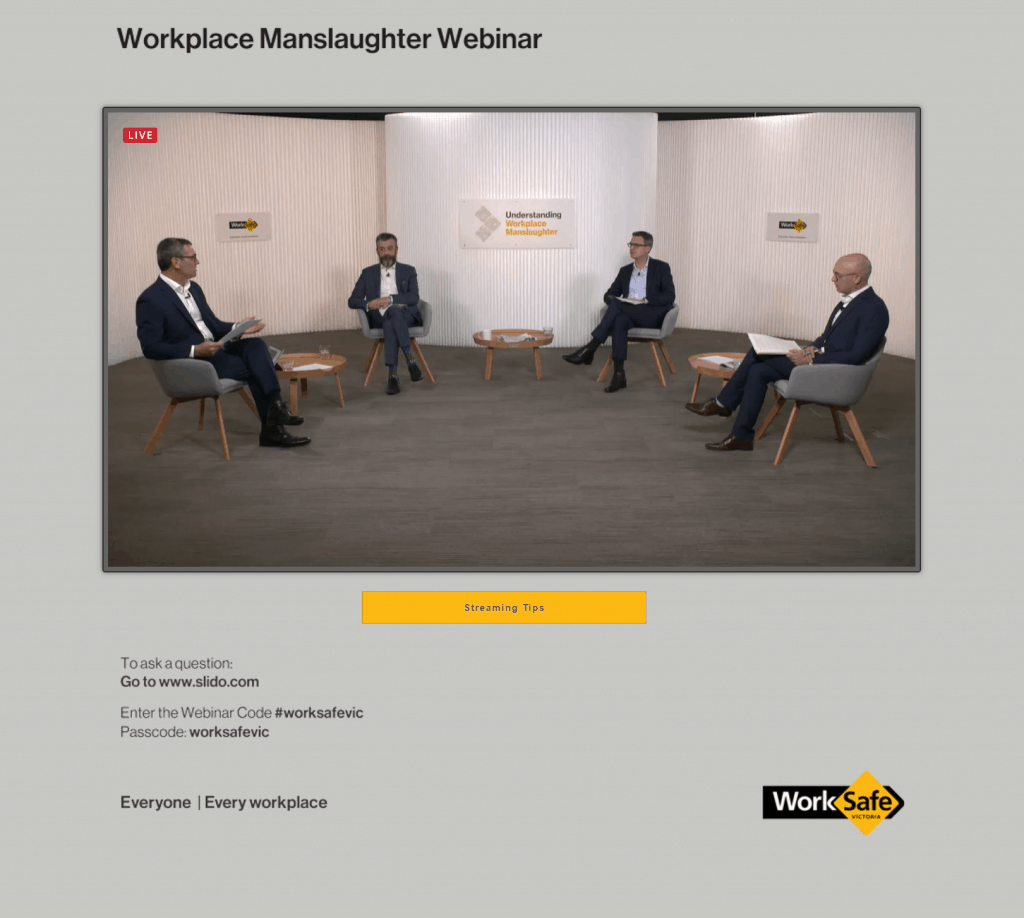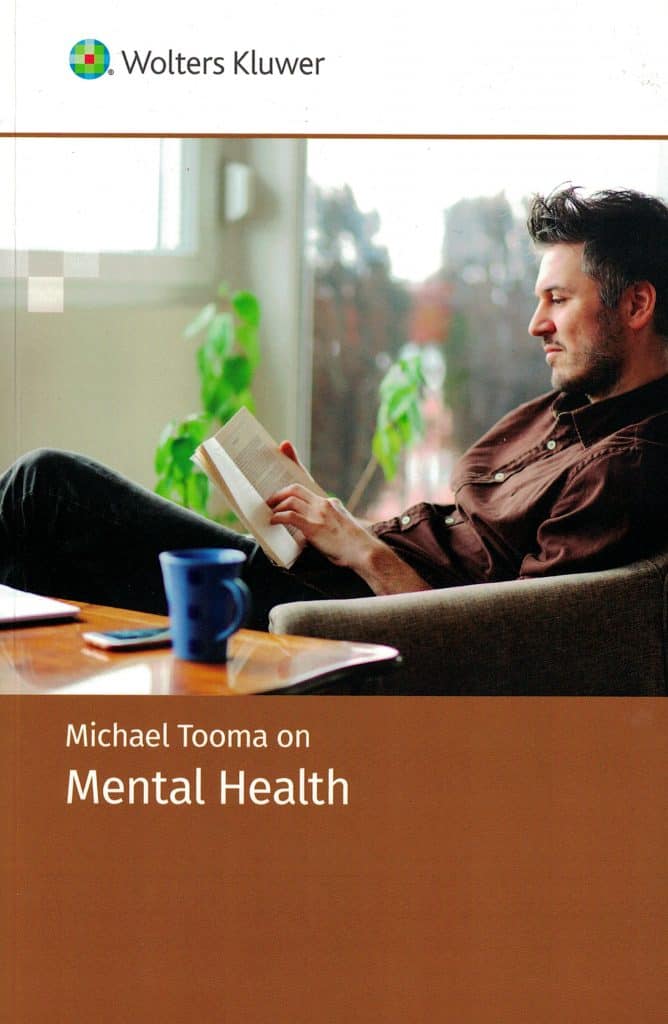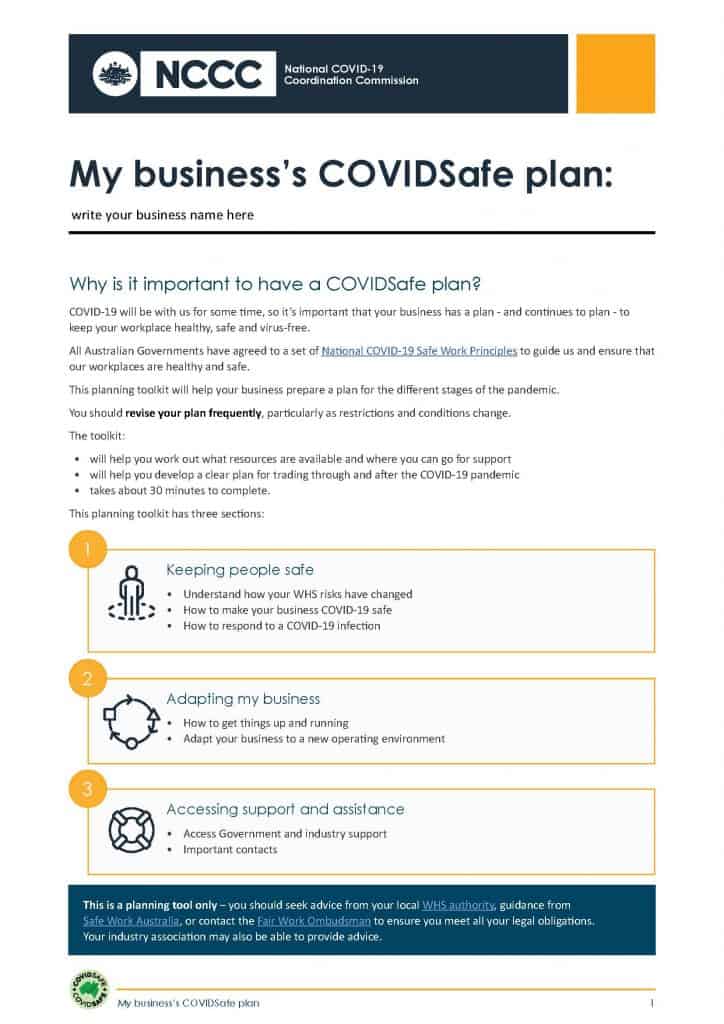For the last few years, farm safety has been dominated by arguments over the safety of quad bikes. Squabbles continue in Australia, but that topic is largely over, and many are returning to a broader and more contemporary approach to health and safety in farming.
It looks like WorkSafe Victoria has begun to roll out its farm safety ambassadors with Catherine Velisha on the cover of a recent edition of Stock and Land newspaper and in a Youtube video. This is supported by a full article on page 3 with an additional article in a glossy supplement provided with WorkSafe’s support.
The article is a blend of promotion for Velisha’s farm management training company and media releases from WorkSafe Victoria. The occupational health and safety (OHS) statistics are new but not very different from previous statistics. Middle-aged men continue to be a feature of the fatality statistics, and 58 on-farm deaths happened in 2020, the same as the year before. Quad bikes have been a major factor in those deaths.

